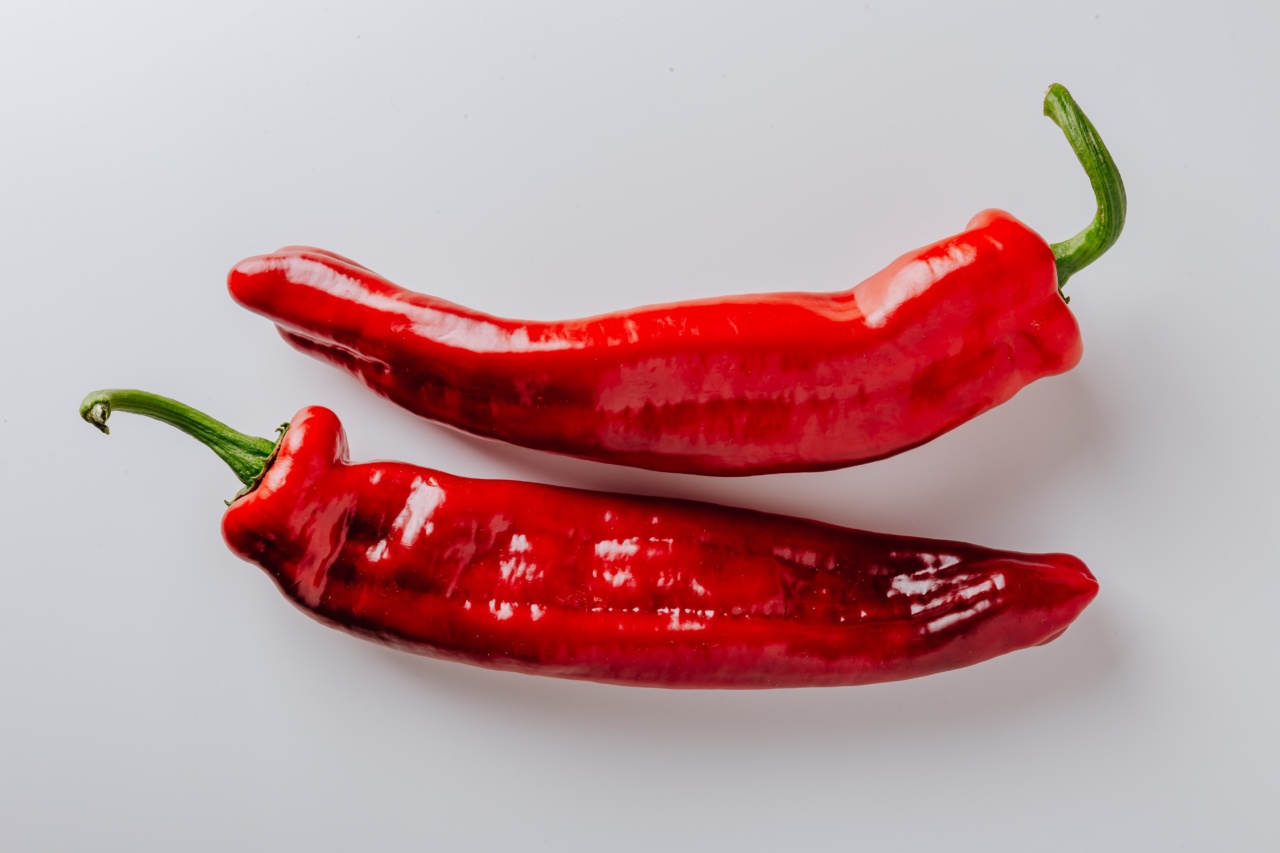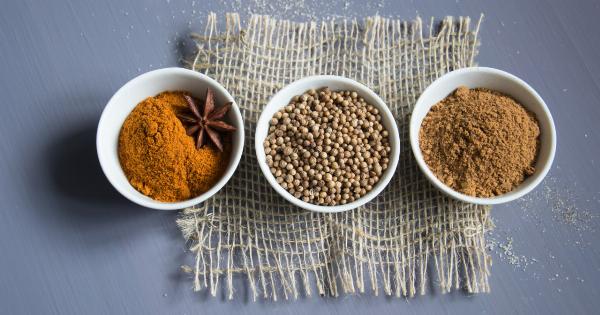Stomach ulcers are a common condition that affects millions of people worldwide.
These are painful sores that develop on the inner lining of the stomach or small intestine, and can cause a range of symptoms, including abdominal pain, nausea, vomiting, and indigestion. There are many factors that can contribute to the development of stomach ulcers, including stress, smoking, genetics, and certain medications. However, one factor that many people may not be aware of is the impact of spicy foods on stomach ulcers.
What are Spicy Foods?
Spicy foods are those that contain certain compounds, such as capsaicin, that create a tingling heat sensation when they come into contact with the tongue or other mucous membranes.
Spicy foods can come in many forms, including peppers, curries, chili sauce, hot sauce, and spices such as cumin and paprika.
How Do Spicy Foods Impact Stomach Ulcers?
There has been much debate over whether spicy foods actually cause stomach ulcers or simply exacerbate existing ones. The prevailing medical opinion is that while spicy foods may not necessarily cause ulcers, they can certainly make them worse.
Spicy foods can irritate the already sensitive and inflamed lining of the stomach or small intestine, leading to increased pain and discomfort. In addition, spicy foods can stimulate the production of gastric acid, which can further aggravate the ulcer and delay healing.
What Does the Research Say?
There have been several studies on the impact of spicy foods on stomach ulcers. One study found that a single dose of spicy food could increase the amount of acid in the stomach by up to 50%.
Another study found that eating spicy foods could lead to a burning sensation in the stomach, as well as abdominal pain, nausea, and bloating. However, other studies have shown that spicy foods do not actually cause ulcers, but simply exacerbate existing ones.
These conflicting findings suggest that the impact of spicy foods on stomach ulcers may depend on a range of factors, including the individual’s tolerance for spicy foods, the severity of their ulcer, and the specific type of spicy food consumed.
What are the Symptoms of Stomach Ulcers?
Stomach ulcers can cause a range of symptoms, including:.
- Abdominal pain
- Nausea
- Vomiting
- Bloating
- Loss of appetite
- Weight loss
- Dark, tarry stools
- Indigestion
- Heartburn
- Belching
How are Stomach Ulcers Treated?
Treatment for stomach ulcers typically involves a combination of medication and lifestyle changes. In some cases, surgical intervention may be necessary. Medications that are commonly used to treat stomach ulcers include:.
- Antibiotics to kill the bacteria that can lead to ulcers
- H2 blockers or proton pump inhibitors to reduce the production of gastric acid
- Antacids to neutralize stomach acid and relieve pain
- Cytoprotective agents to protect the lining of the stomach and small intestine
In addition to medication, people with stomach ulcers are typically advised to make lifestyle changes, such as:.
- Avoiding spicy foods, alcohol, and caffeine
- Quitting smoking
- Reducing stress through meditation, yoga, or other relaxation techniques
- Eating a healthy, balanced diet
- Getting plenty of rest and exercise
Conclusion
While spicy foods may not be the direct cause of stomach ulcers, they can certainly exacerbate existing ulcers and delay healing.
If you are experiencing symptoms of a stomach ulcer, it is important to seek medical attention and follow your doctor’s recommended treatment plan. By making lifestyle changes and avoiding spicy foods, you can help to reduce your symptoms and promote healing.





























